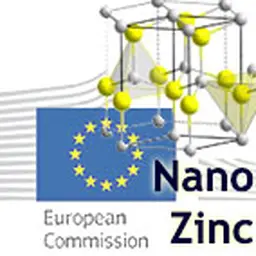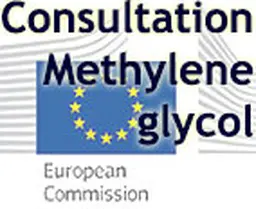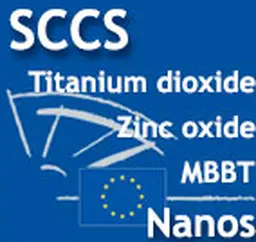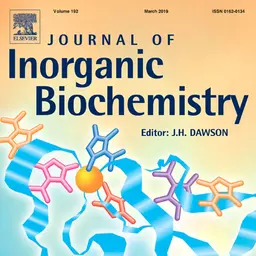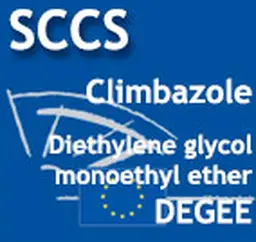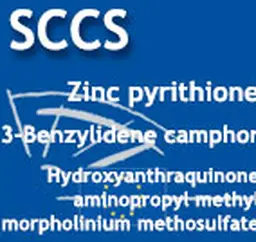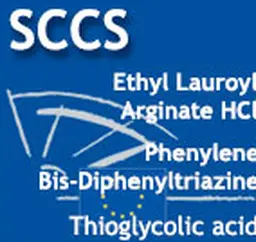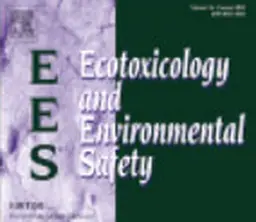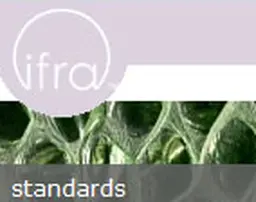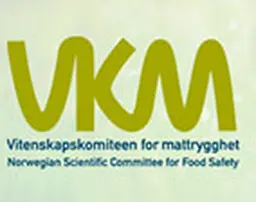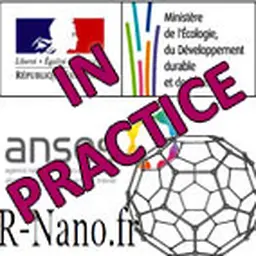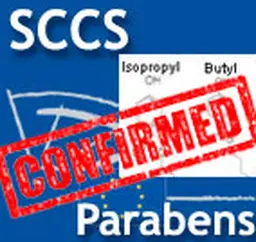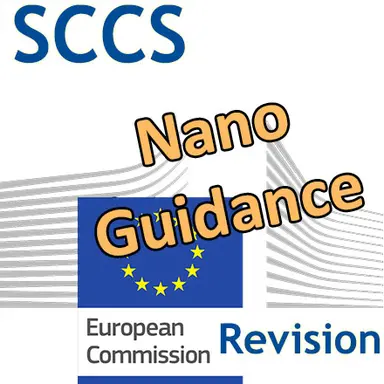
The SCCS has just published a revised version of its Guidance on the Safety Assessment of Nanomaterials in Cosmetics. The updated document introduces several new sections (coatings, encapsulation, immunotoxicity, alternative methods to animal tests, etc.), and from its introduction, focuses on the definition of a nanomaterial, the 50% particle threshold and the notion of solubility.
As in the previous version (dated 2012), the text specifies that it should be used in combination with the General SCCS Notes of Guidance for the testing of cosmetic ingredients and their safety evaluation, revised for the 10th time in November 2018.
It also invites to refer to the checklist to submit a dossier on the safety of a nanomaterial used in cosmetics.
The main changes
Two types of changes have been made to the original text.
Structural changes
• The general structure of the Nano-Guidance has been changed to give priority to physicochemical characterisation and exposure assessment as starting points in safety assessment of nanomaterials.
• The chapter on hazard identification has been updated for specific considerations needed for nanomaterials with emphasis on replacement alternative methods.
• Summary text boxes have been introduced at the end of each chapter to highlight the key aspects.
• A checklist for submitting a safety dossier to the SCCS has been added (Annex 2).
• Data requirements for human health safety evaluation of a nanomaterial as cosmetic ingredient have been updated.
• Reference and abbreviation lists have been updated.
Changes in content
• All sections have been updated to the current state …

